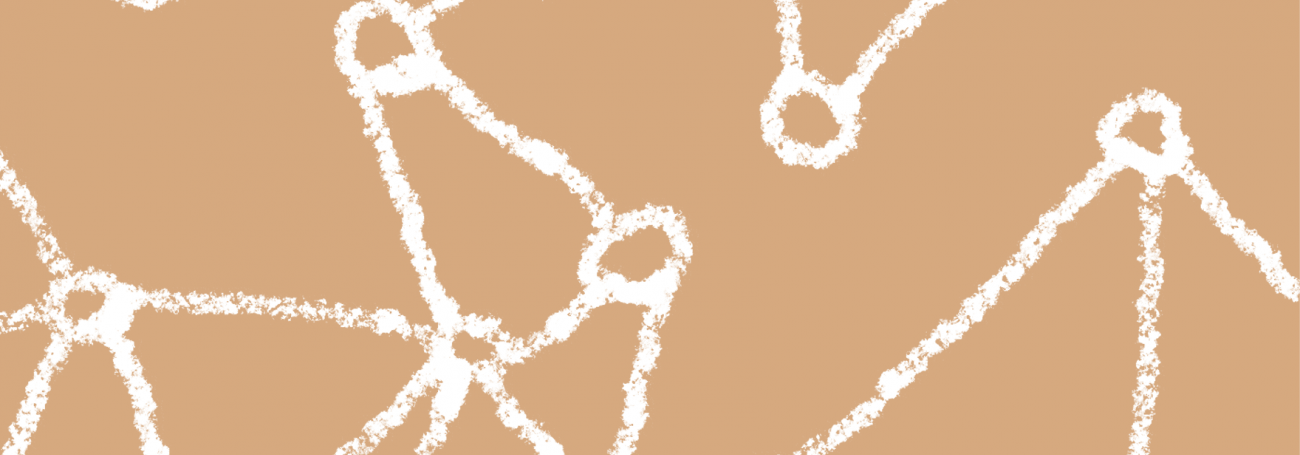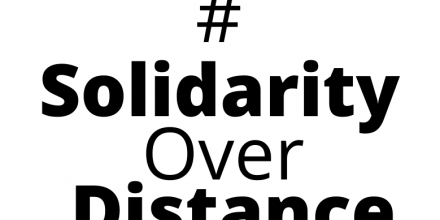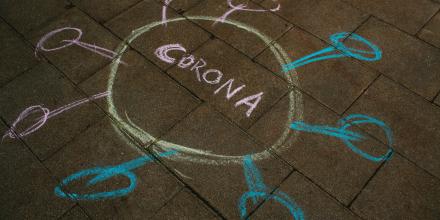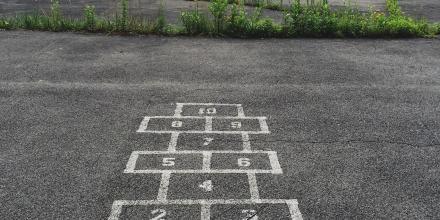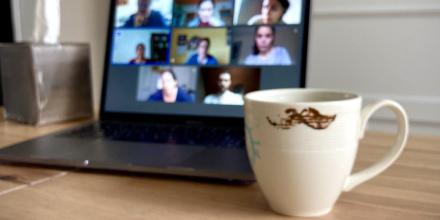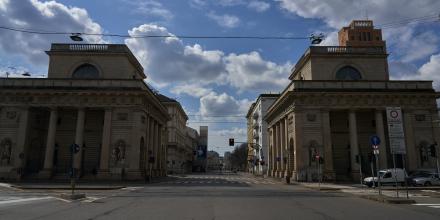- Goldberg, J. & Henderson, D. (2021). An ode to volunteers: reflections on community response through restorative practices before and after COVID-19. The International Journal of Restorative Justice, Vol. 4(2). Retrievable on https://www.elevenjournals.com/tijdschrift/TIJRJ/2021/2
- Marder, I. (2020, April 6). Restorative justice and COVID-19: responding restoratively during/to the crisis. European Forum for Restorative Justice. Retrievable on https://www.euforumrj.org/en/restorative-justice-andcovid-19-responding-restoratively-duringto-crisis
- Marder, I. (2020, May 4). Justice and healing during the pandemic. A report from the second European meeting on restorative justice and COVID-19. European Forum for Restorative Justice. Retrievable on https://www.euforumrj.org/en/justice-and-healing-during-pandemic
- Marder, I. (2020, June 10). A restorative transition to the post-lockdown world. Report from the third European meeting on restorative justice and COVID-19. European Forum for Restorative Justice. Retrievable on https://www.euforumrj.org/en/restorative-transition-post-lockdown-world
- Marder, I. (2020, July 15). What does justice look like during and after COVID-19? A report from the fourth European meeting on restorative justice and COVID-19. European Forum for Restorative Justice. Retrievable on https://www.euforumrj.org/en/what-does-justice-look-during-and-after-covid-19
- Marder, I. & Rossner, M. (2021). Restorative justice during and after COVID-19. The International Journal of Restorative Justice, Vol. 4(2). Retrievable on https://www.elevenjournals.com/tijdschrift/TIJRJ/2021/2
- Mazzucato, C. (2020). To heal Covid-19 wounds we need a Truth and Reconciliation Commission. Navigating the storm, together. Newsletter of the European Forum for Restorative Justice, 21(2). Retrievable on https://www.euforumrj.org/en/heal-covid-19-wounds-we-need-truth-and-reconciliation-commission
- (further articles in) Navigating the storm, together. (2020). Newsletter of the European Forum for Restorative Justice, 21(2). Retrievable on https://www.euforumrj.org/en/navigating-storm-together-newsletter-20202 & https://www.euforumrj.org/sites/default/files/2020-07/Vol_21_2_17_July_2020.pdf
- Parmentier, S. (2021). Dealing with harm after COVID-19: what potential of transitional justice? The International Journal of Restorative Justice, Vol. 4(2). Retrievable on https://www.elevenjournals.com/tijdschrift/TIJRJ/2021/2
- #SolidarityOverDistance. (2020). a series of testimonies in The Restorative Blog. European Forum for Restorative Justice. Retrievable on https://www.euforumrj.org/en/solidarityoverdistance
Videos
- Lecco Restorative City - RestoCovid Circles (2021. video 9 min). https://vimeo.com/563345503/aed5477082
- A Restorative City in Times of Pandemic (2021. webinar recordings 1h 36m) https://vimeo.com/561355655/665da7afd1
- Confinement, isolation and social distancing (2020. webinar recordings 1h 5m) https://www.euforumrj.org/en/events/webinar-confinement-isolation-and-social-distancing
